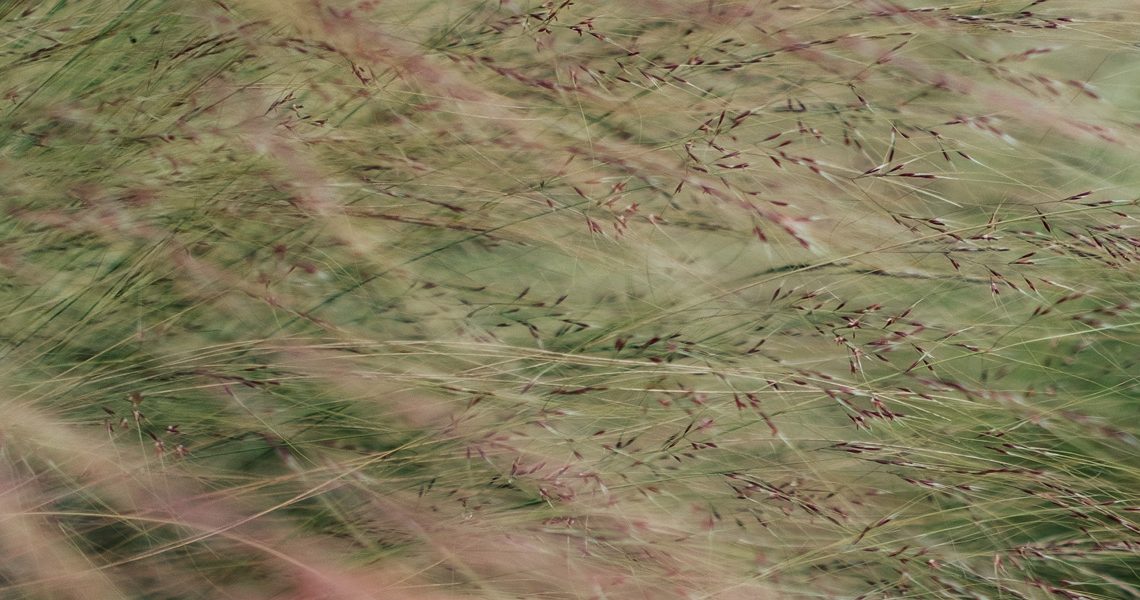Ah, November, whose bare days Robert Frost once came to know the love of. What better month to discuss the question buried deep within the amygdalae of all who practise poetry?
The answer to that is ‘no better month’, but the answer to said amygdalic question awaits our readers below, to wit:
Astrid L’Orange says:
Lately I’ve been thinking a lot about what I mean by ‘poetry’.
I’ve recently started a new job as an academic in an art school where, for the most part, my colleagues, peers and students are artists, designers, programmers and coders – generally speaking, material-conceptual thinkers and makers.
In this context, the work that I do sits oddly but companionably – I work with language, for the most part, but the work I do is more aligned with contemporary media experiments than, say, with traditional literary modes.
I think poetry is any event that invites attention to the emergence of form. Because I work with language, this means that I write poetry in order to consider the formal (and deformative) potentials of linguistic and textual constructions.
I am interested in how meanings emerge, settle, unsettle, deviate. I am interested in how ideology, rhetoric and law are naturalised. And, I am interested in the modes of reading that are produced via poem events – modes that extend to engaging with ideas, systems, machines, weather patterns, non-human relations, and so on.
So, put simply: I write poetry because it is one way to be attentive to the forms and modes that constitute the world I find myself inhabiting.
Adam Ford was co-editor of Going Down Swinging issues #18-#22 and is author of poetry collections The Third Fruit is a Bird, Not Quite the Man for the Job, the novel Man Bites Dog and Heroes and Civilians (short stories).





